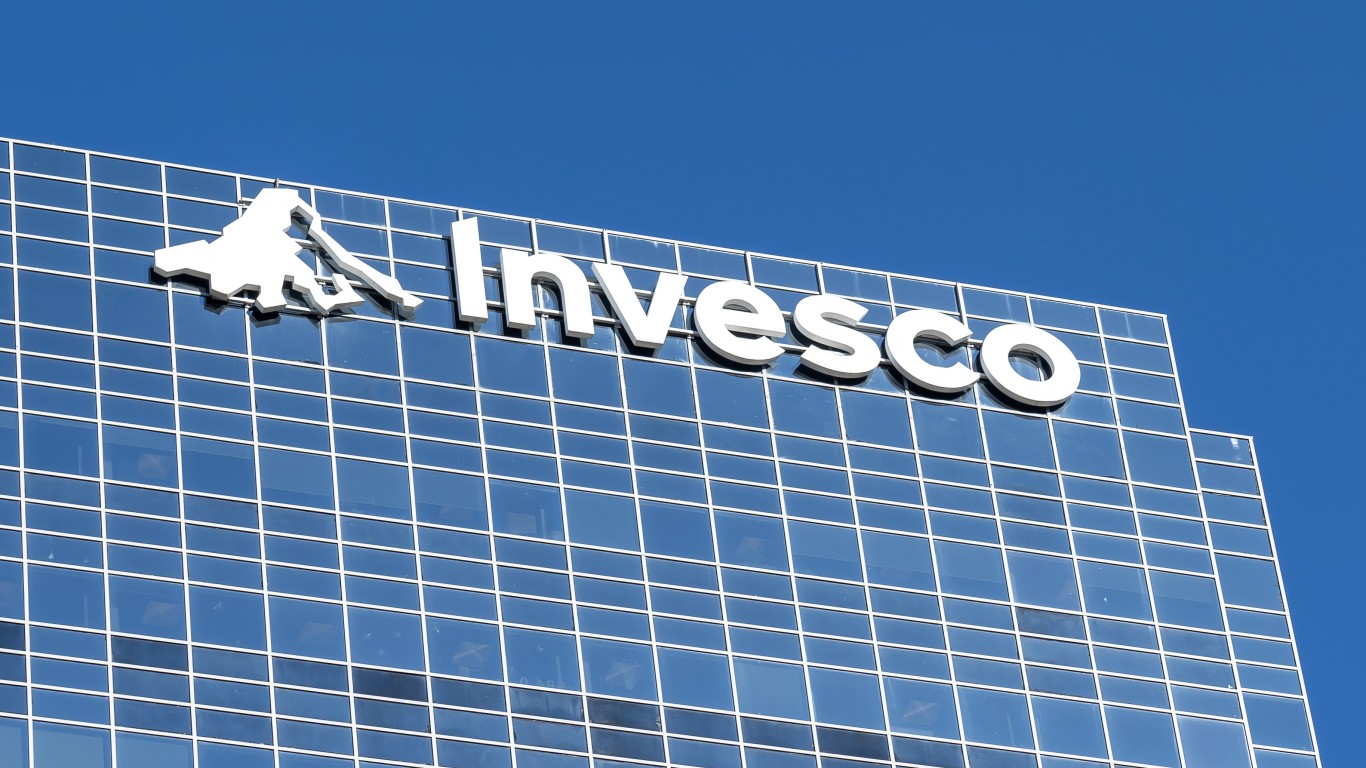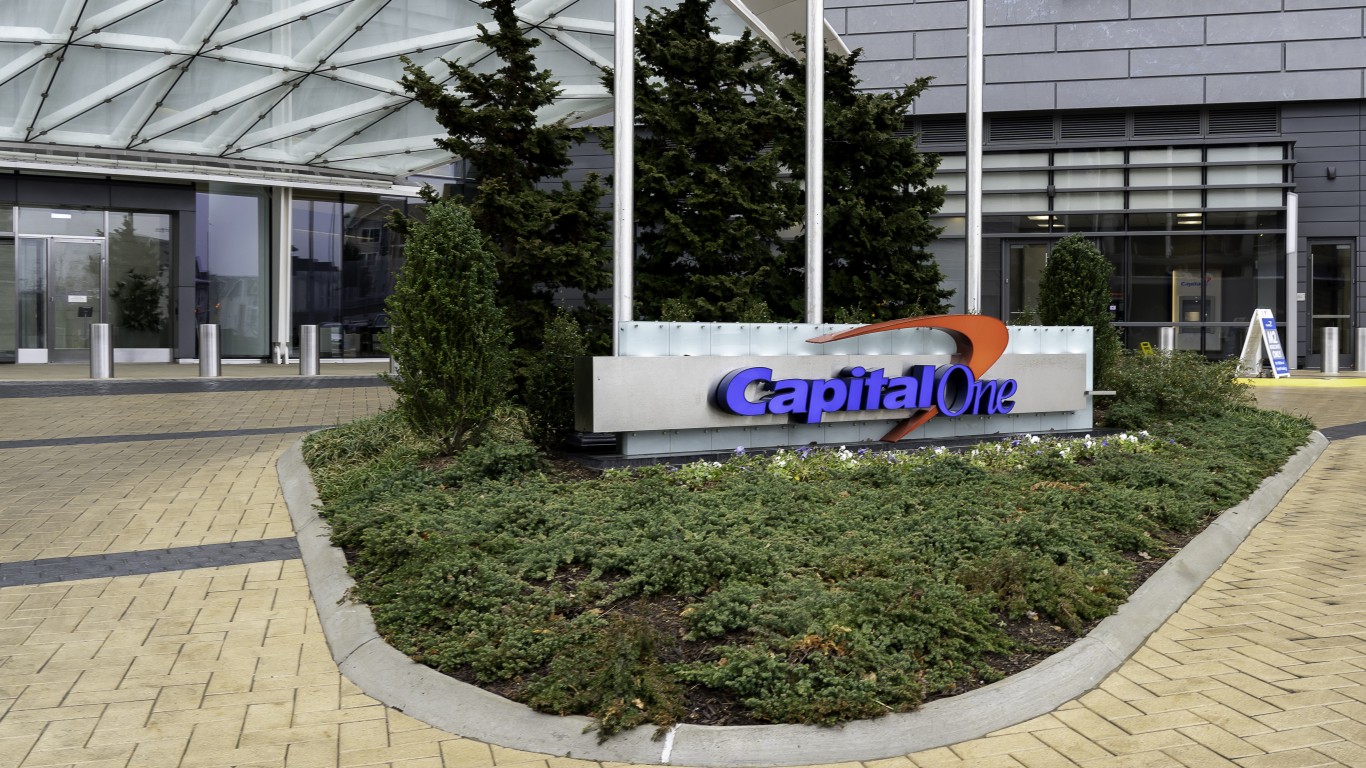
As previously announced, the most populous Southeast Asian country finally launched its first national digital asset exchange yesterday. Didid Noordiatmoko, the head of the Commodity Futures Trading Regulatory Agency (“Bappebti”), described the new institution as having multiple functions – exchange, custody, and clearing house.
“The establishment of exchanges, clearing houses and managers of crypto asset storage is proof that the government is present in an effort to create a fair crypto asset trading ecosystem to guarantee legal certainty and prioritize protection for the public as customers,”
The national exchange has been delayed three times since the initial launch plans in 2021. Limited to local cryptocurrency transactions, the exchange will act much like NYSE but for digital assets.
This includes know-your-customer (KYC) rules and tight supervision under Bappebti, as the watchdog agency approves digital asset listing and pricing. Alongside Bappebti, the exchange will be supervised by the Financial Services Authority (OJK), Bank Indonesia (BI), and the Ministry of Finance.
Such level of scrutiny is not surprising given the harsh warnings issued to both tourists and businesses to halt all crypto transactions and use local rupiah (IDR) instead.
Crypto Payments Still Frowned Upon
Indonesia didn’t outright ban digital assets. In 2019, Bappebti classified them as commodities, tradeable at futures exchanges. This means they cannot be used as legal tender, although stablecoins, BTC, and ETH are unofficially prevalent in tourist hotspots.
In 2022, a new law transferred digital asset authority from Bappebti to the Financial Services Authority (OJK), which is yet to issue comprehensive digital asset regulation. According to official data from these agencies, there are 17.54 million registered crypto-asset customers in Indonesia as of June 2023.
Since Indonesia has 274 million citizens, crypto users account for 6.4% of the population.
During June, Indonesian crypto trading volume reached IDR 8.97 trillion ($596.8M), a 9.3% uptick from the month prior. The most traded digital assets are those with high market cap, offering relative price stability: Tether (USDT), Bitcoin (BTC), Ethereum (ETH), Ripple (XRP), and Binance Coin (BNB).
What About Existing Indonesian Exchanges?
In May 2022, the Indonesian government began taxiing crypto transactions. However, the value-added tax (VAT) was only 0.11% at registered platforms. On non-Bappebti registered platforms, the VAT rate was set at 0.22%. Likewise, the final income tax, imposed when a digital asset is sold for profit, was set at 0.1%, but 0.2% for non-registered Operators of Trade Through Electronic Systems (PPMSE).
Now that the national digital asset exchange has been approved, existing platforms will likely take a traffic hit. Indodax, Pintu and Luno are the most popular platforms. However, as with most exchanges, there is a shadow of doubt whether they can fulfill obligations in extreme market conditions.
Previously, Singapore-registered crypto exchange Zipmex collapsed soon after Terra (LUNA) in July 2022. It was the first crypto exchange approved by Bappebti, handling over 2 million users. After bankruptcy filings in Singapore, Zipmex restructuring was approved this March.
Given that Indonesia had its own FTX-like experience with Zipmex, the government-run exchange will go a long way in legitimizing and re-establishing trust in digital assets.
This article originally appeared on The Tokenist
The Average American Is Losing Momentum On Their Savings Every Day (Sponsor)
If you’re like many Americans and keep your money ‘safe’ in a checking or savings account, think again. The average yield on a savings account is a paltry .4%1 today. Checking accounts are even worse.
But there is good news. To win qualified customers, some accounts are paying more than 7x the national average. That’s an incredible way to keep your money safe and earn more at the same time. Our top pick for high yield savings accounts includes other benefits as well. You can earn up to 4.00% with a Checking & Savings Account today Sign up and get up to $300 with direct deposit. No account fees. FDIC Insured.
Click here to see how much more you could be earning on your savings today. It takes just a few minutes to open an account to make your money work for you.
Our top pick for high yield savings accounts includes other benefits as well. You can earn up to 4.00% with a Checking & Savings Account from Sofi. Sign up and get up to $300 with direct deposit. No account fees. FDIC Insured.
Thank you for reading! Have some feedback for us?
Contact the 24/7 Wall St. editorial team.





